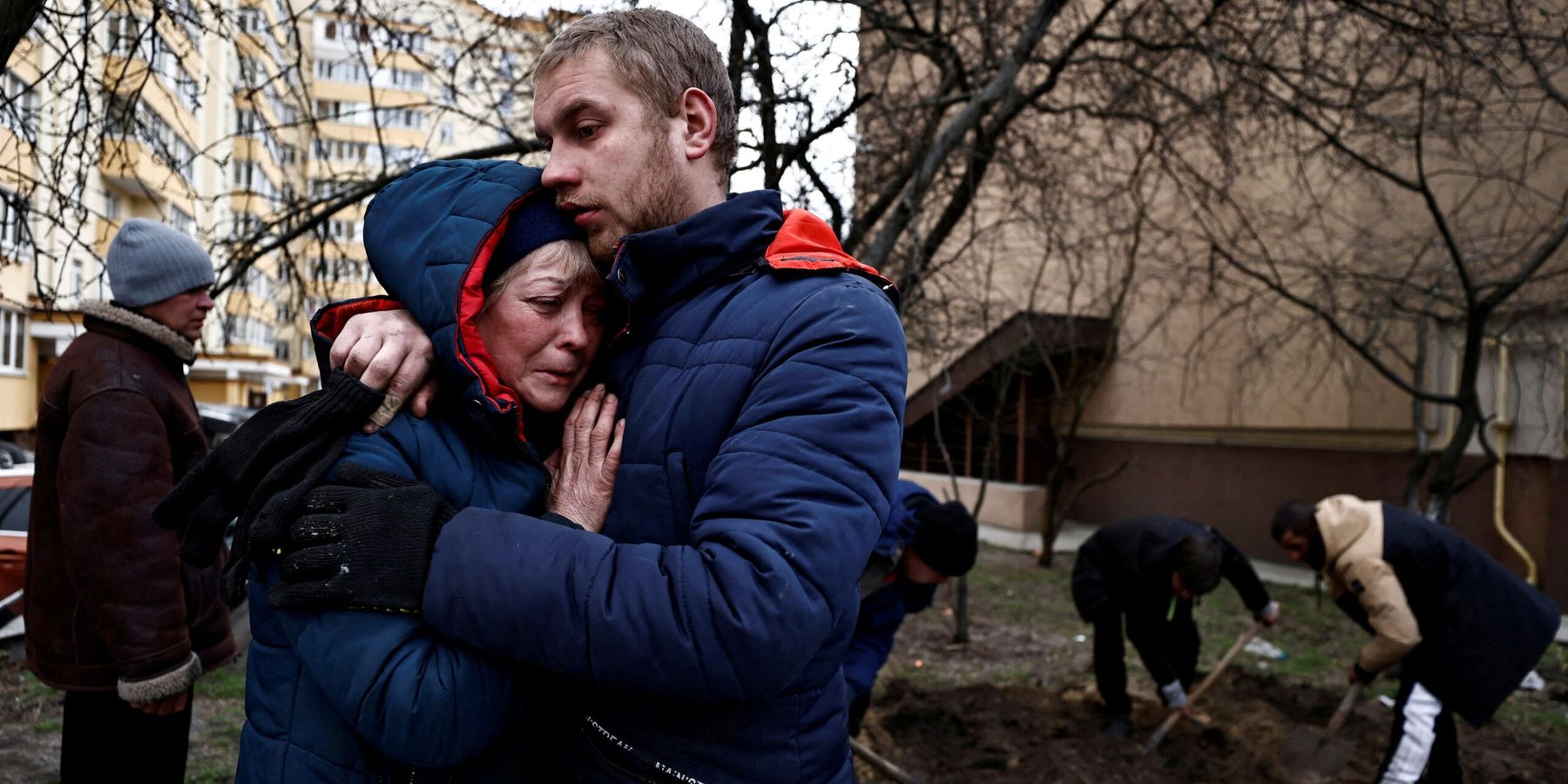On Tuesday, 13 humanitarian, faith-based, and foreign policy advocacy groups sent a letter to President Joe Biden, Secretary of State Antony Blinken, and Defense Secretary Lloyd Austin urging them to release an unclassified version of America’s strategy on Ukraine.
Sent as a response to the administration’s thus far refusal to release a declassified strategy, in compliance with Section 504 of the FY2024 National Security Supplemental Appropriations Act, the group — which includes the Quincy Institute, the publisher of Responsible Statecraft — calls on the White House to “set an example of democratic accountability” by fulfilling the requirements of the law.
Tori Bateman, Advocacy Director of the Quincy Institute, said in a press release, “as the war in Ukraine persists without an end in sight, it’s clear Washington needs to put more thought into how the U.S. can best support Ukraine. We don’t want a situation where we’re engaged in a war without an achievable plan for victory. That’s not good for Ukraine or the United States.”
Ursala Knudsen-Latta, Legislative Director for Peacebuilding Policy for the Friends Committee on National Legislation, another letter signatory, says the issue is about transparency “President Biden's refusal to fulfill the congressional mandate by releasing an unclassified strategy for U.S. engagement in Ukraine hampers the public's ability to know what their government is doing and to hold their government accountable to their values," she said in the press release.
The Biden administration did release a report to three congressional committees, but it was classified, thus not fulfilling the congressional mandate or allowing the public to comment or review.
Also highlighted in the letter is the humanitarian suffering experienced by the people of Ukraine. The war has created over six million refugees. An additional 10,000 civilians have been killed. Because of the conflict with Russia, Ukraine has lost an estimated 25% of the total population due to death, displacement, and emigration. “Women and girls have been disproportionately affected by sexual violence, horrifically weaponized as a tool of terror and control,” the letter says, adding, “civilians living in occupied territory are subject to torture, execution, and the suppression of civil liberties. Mines and explosive remnants of war have killed hundreds of civilians.”
The 13 organizations called on President Biden to include “robust diplomatic engagement, clear objectives, and realistic plans” on Ukraine, while also pointing out that military aid alone will not achieve a “sovereign and prosperous future for Ukraine.”
The signatories specifically point to President Biden’s language, saying “in a conflict framed by President Biden as a ‘battle between democracy and autocracy, between liberty and repression, between a rules-based order and one governed by brute force’, the United States should be setting the example of democratic accountability, not obscuring information from its citizens.”
















